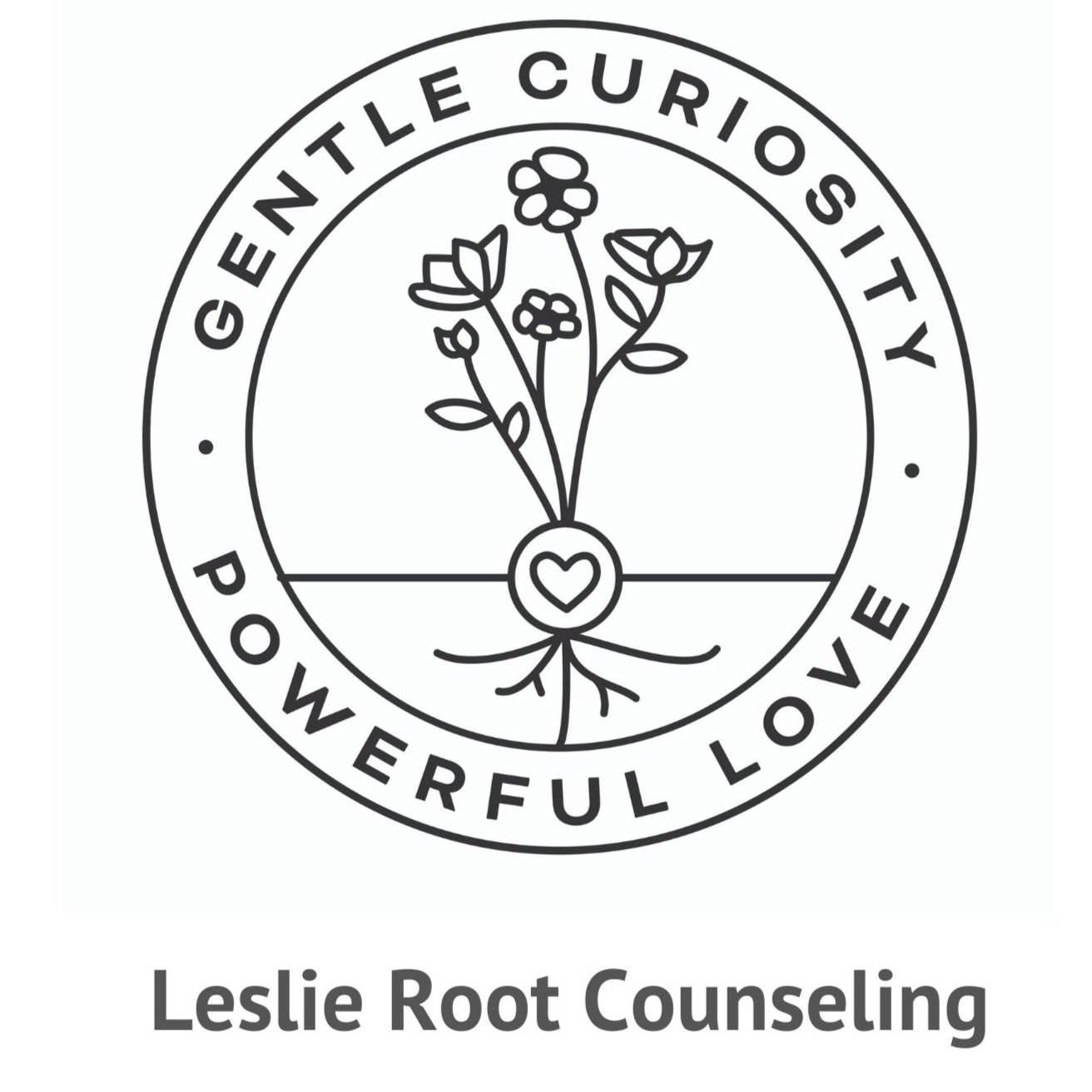Polarity in relationships can leave us feeling like we married an angry teenager or irresponsible frat boy. Couples take on opposites or even extremes when they act out polarity in relationship. A few examples of polarity include the following: angry parent-rebellious teen, hysterical wife-silent husband, responsible partner-careless mate, angry husband-sweet and loving wife, depressed partner-cheerful spouse, competent over functioning-incompetent under functioning and the list goes on.
Read MoreMany of us would reflect on our childhoods as “not that bad” or “pretty good” however, we may still be struggling with relational wounding connected to conditioning from our childhood. Our parents, while good intentioned (or sometimes not), taught us love is transactional, unsafe, or not even available to us. You may wonder why this matters now? Well think of your brain and learning style as a smart phone, you have downloaded many apps on how to relate, how to receive love, and what you need to do to get love. These apps are learned so early that they are the template for your later love style in relationships, and are largely subconscious. Here are 3 ways you may be dealing with power plays in relationships.
Read MoreIndividuals and couples who struggle with moderation express their reality at one extreme or another making it difficult for partners and others to relate to them. People who struggle with emotional moderation don’t appear to understand what a moderate reality is. They are totally involved or totally detached, totally happy or absolutely miserable. People who lack emotional moderation believe a moderate response to a situation isn’t enough, only too much is enough. This symptom manifests in different ways:
Read MoreWe are taught how to have intimacy and attachment by our family, specifically our primary caregivers; mom and dad. How our parents relate to us, our siblings, and each other, becomes very familiar to us as children. It creates a template for future relationships and intimacy. As we grow up and look for our own partner we are attracted, unconsciously or consciously to what we know and are familiar with.
Read MoreFind out if you struggle with sex addiction.
Read More




